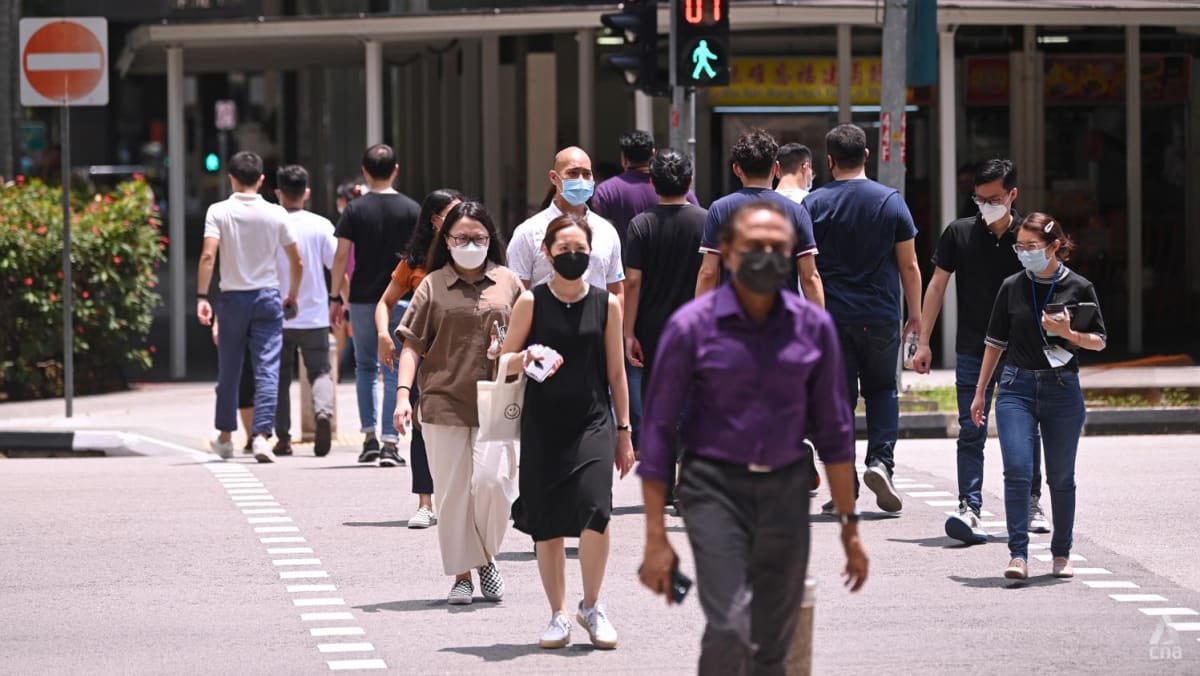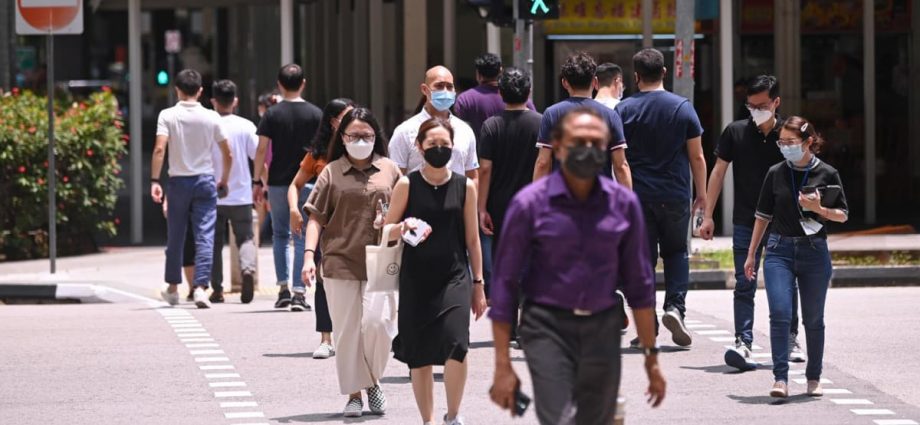
IMMIGRATION
Last year, 21,537 people were granted citizenship and 33,435 were granted permanent residence. About 6 per cent of new Singapore citizens were children born overseas to Singaporean parents.
These figures were higher compared with 2020, due to the easing of travel restrictions and safe management measures, which previously slowed down the processes for the grant of citizenship or permanent residence in 2020. Such applications had to be completed in person.
“Immigration helps to moderate the impact of ageing and low birth rates on our citizen population, and keeps it from shrinking over the longer term,” said the report.
“Singapore grants new citizenships annually to individuals who can integrate and contribute to Singapore, and are committed to making Singapore their home. New citizens either share family ties with Singaporeans (for example, through marriage), or have studied, worked or lived in Singapore for some time.
“All new adult citizens come from our pool of PRs, as individuals have to obtain permanent residence before they may apply for citizenship in Singapore.”
AGEING POPULATION
Singapore’s population is ageing rapidly, with low fertility rates and longer life expectancies, said the report.
The proportion of citizens aged 65 and above has increased from 11.1 per cent in 2012 to 18.4 per cent in 2022. By 2030, about one in four citizens, or 23.8 per cent, will be aged 65 and above.
The number of citizens aged 80 and above has also increased by more than 70 per cent from 2012.
“As a small city state that relies on people as our key resource, the ageing trend and its implications will hit us even more acutely. It is important that we strengthen our whole-of-society efforts to address this core demographic challenge,” said the report.

